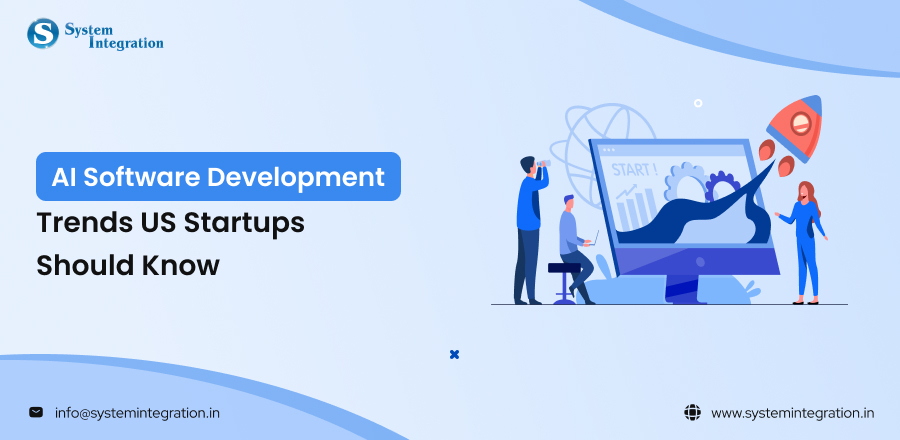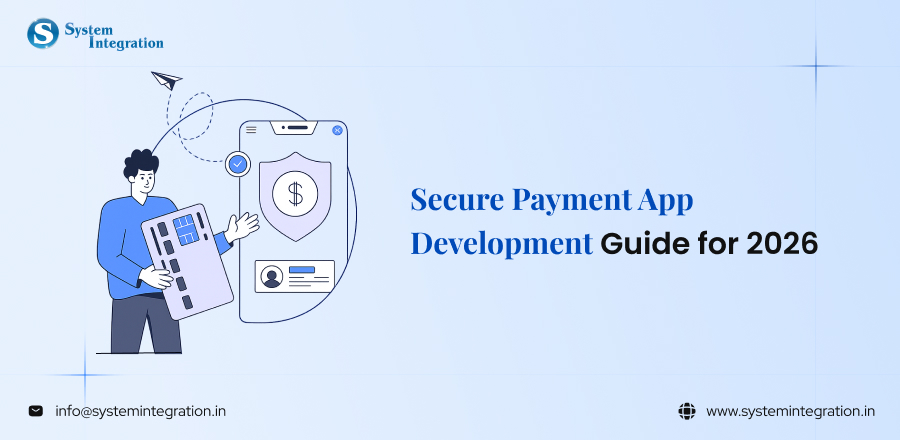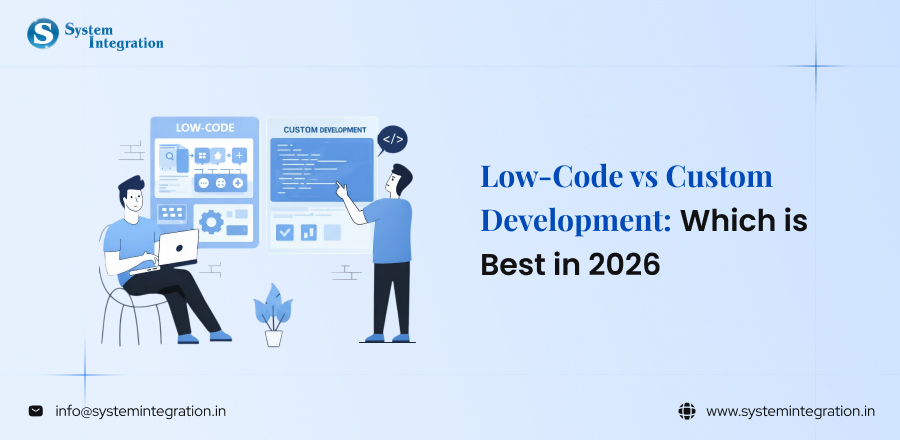Introduction
In the realm of real estate, Customer Relationship Management (CRM) systems play a pivotal role in shaping how businesses connect with clients, manage interactions, and drive sustainable growth. As technology continues to evolve, CRM development trends in the real estate industry have seen a transformative shift, leveraging innovative strategies to enhance customer experiences and boost operational efficiencies.
What Is CRM?
Customer Relationship Management (CRM) in the context of the real estate industry refers to a technology and strategy used to manage a real estate firm’s relationships and interactions with potential and current customers. It involves using data analysis about customers’ history with a company to improve business relationships, specifically focusing on customer retention and ultimately driving sales growth.
CRM software in the real estate industry helps companies stay connected to their clients, streamline processes, and improve profitability. It enables real estate professionals to track and manage their interactions with current and potential clients, organize and analyze data, automate various workflows, and facilitate communication and follow-ups.
In the real estate industry, CRM systems benefit customers by providing them with a more personalized and efficient experience. By capturing and storing valuable information about clients’ preferences, past interactions, and properties of interest, real estate professionals can deliver more tailored and timely services. This, in turn, enhances the customer experience by offering more relevant property options, better communication, and improved overall customer service. Additionally, CRM systems can help clients stay updated on the latest properties, market trends, and real estate news, thus empowering them to make well-informed decisions.
This blog delves into the latest CRM development trends for the real estate industry, offering insights into the dynamic landscape of customer engagement and business growth.
CRM Development Trends For The Real Estate Industry
1. The Rise of AI-Powered Customer Insights:
As real estate businesses strive to personalize customer experiences, AI-powered CRM solutions have emerged as a game-changer. Harnessing the capabilities of artificial intelligence, real estate CRM systems can now analyze vast volumes of data to derive deep customer insights. From predicting buyer behavior based on historical interactions to identifying patterns in property preferences, AI-driven CRM tools empower real estate professionals with invaluable knowledge about their clients. This trend not only facilitates personalized recommendations but also streamlines the decision-making process for both buyers and sellers.
2. Personalized Automation: Redefining Efficiency:
Automation has long been a cornerstone of CRM systems, but the latest development trend revolves around personalized automation. In the context of real estate, this translates into the seamless integration of automation with personalized communication and client engagement. Customized email campaigns, targeted property suggestions, and automated follow-ups tailored to individual client preferences are revolutionizing the way real estate professionals interact with their clientele. By leveraging personalized automation, the real estate industry can optimize operational workflows, ensure timely engagement, and deliver a tailored experience that resonates with customers on a deeper level.
3. Integrating Virtual Reality For Property Showcasing:
The integration of Virtual Reality (VR) technology into CRM systems has substantially transformed the property showcasing experience. Through immersive virtual tours and 3D property visualizations, real estate CRM platforms are enabling prospective buyers to explore properties remotely and in remarkable detail. This trend has not only enhanced the efficiency of property showcasing but has also widened the reach of real estate businesses, engaging potential buyers regardless of geographical constraints. By integrating VR capabilities, CRM development is pushing the boundaries of how properties are presented and perceived, embracing a new era of interactive and immersive experiences for clients.
4. Enhanced Mobile CRM Capabilities:
With the ubiquity of smartphones, mobile CRM capabilities have become a focal point in the evolution of real estate CRM development. The trend involves optimizing CRM systems for seamless functionality across a myriad of mobile devices, empowering real estate professionals to stay connected and productive on the go. Whether it’s accessing real-time client information, updating property listings, or managing tasks remotely, enhanced mobile CRM capabilities bolster efficiency and agility in the highly dynamic real estate environment. This trend is pivotal in catering to the needs of modern real estate professionals who operate within fast-paced, mobile-centric workflows.
5. Embracing Blockchain For Secure Transactions:
The incorporation of blockchain technology within CRM systems is revolutionizing the security and transparency of real estate transactions. By leveraging blockchain, CRM platforms can provide a secure and immutable ledger of property information, transactions, and ownership records. This trend holds the potential to mitigate the risks associated with traditional real estate transactions, such as fraud and discrepancies in property documentation. Real estate businesses are increasingly integrating blockchain capabilities into their CRM systems, fostering trust and reliability in property transactions while streamlining the overall transaction process.
Conclusion
In conclusion, the dynamic landscape of CRM development trends for the real estate industry underscores a paradigm shift in how businesses engage with clients, streamline operations, and drive sustainable growth. From AI-powered customer insights and personalized automation to VR integration and enhanced mobile capabilities, these trends are reshaping the future of real estate marketing and client engagement. By embracing these innovative trends, real estate businesses can carve a competitive edge in an ever-evolving industry, amplifying customer experiences and unlocking new avenues for business success.
Round off the blog by underlining the profound impact of these CRM trends on the real estate industry. Emphasize the importance of embracing innovation to gain a competitive edge, amplify customer experiences, and pave the way for sustained business success in the dynamic real estate market.
This descriptive approach aims to provide a comprehensive and engaging exploration of the evolving CRM development trends within the real estate industry, catering to readers keen on understanding the transformative landscape of customer engagement and business growth.
Come work with our master improvement team at BMV System Integration Pvt. Ltd.; we have been communicating IT programming arrangements for over 14 years. Reach out to us immediately.
Want to discover the full spectrum of our real estate endeavors? Visit our dedicated real estate subdomain page, where you can explore our innovative projects, read thought-provoking blogs, and peruse our portfolio. Join us on this journey and see how we’re redefining real estate excellence!





